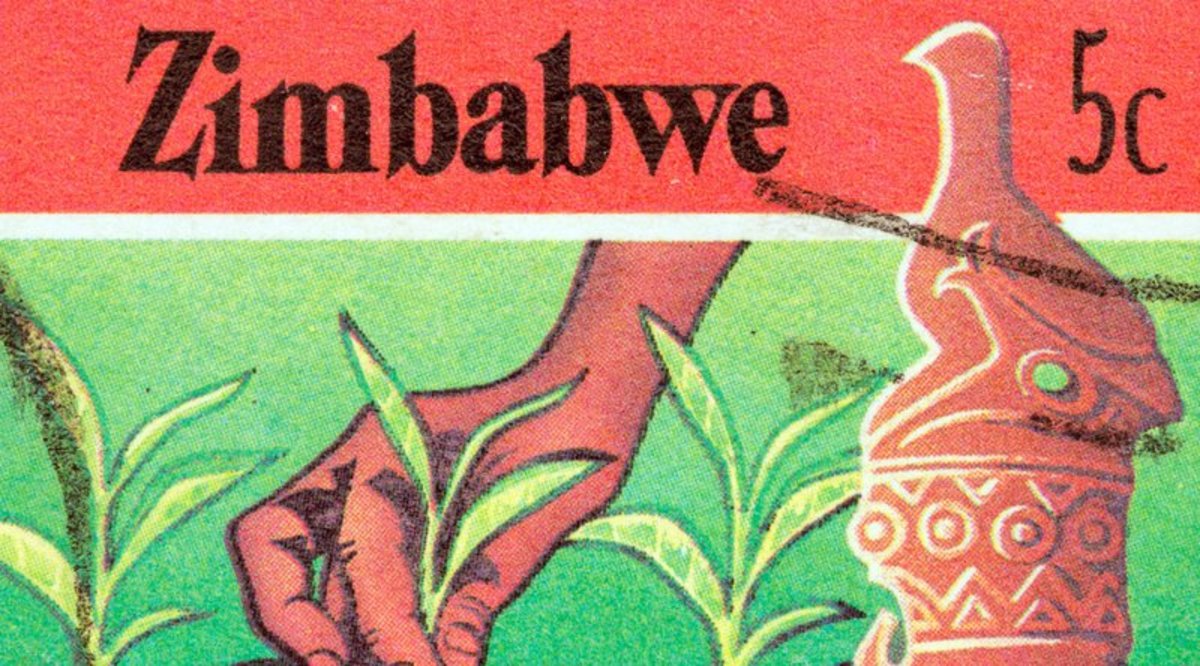
Jewish philosopher Maimonides once said, “Give a man a fish and you feed him for a day; teach a man to fish and you feed him for a lifetime.”
BitMari, the Pan-African bitcoin wallet provider, which is aiming to become the country’s first remittance startup, is trying to achieve this by making the digital currency popular in the region of Zimbabwe. Instead of fish, though, the startup is working with the Zimbabwe Women Farmers Accelerator and the Women Farmers Land and Agriculture Trust, a small-scale farmers’ trust, to give women farmers a jumpstart in agriculture. It aims to do this by raising bitcoin through its crowdfund. At present, the startup has raised $17,000 of its $22,500 goal from eight backers.
These funds will help 100 female farmers from each of the 10 provinces in Zimbabwe — of whom 10 will take part in the year-long program at a time — helping them to gain access to farming assistance from industry experts.
After completing their selected projects, successful farmers will then select the next 10 farmers from the group of 100 to take part in the program.
Tackling Food Shortages in Zimbabwe
With Zimbabwe still reeling from the effects of El Niño and its last rainy season, from October 2015 to March 2016, many in the region have suffered from a drought that crippled rain-fed agricultural production in southern Africa.
According to the United Nations Office for the Coordination of Humanitarian Affairs, after the second successive year for poor rainfall in the area, the April 2016 maize production saw a shortfall of 9.3 million tons in southern Africa. As a result, the governments of Botswana, Lesotho, Malawi, Namibia, Swaziland and Zimbabwe declared national emergencies.
BitMari is attempting to alleviate food shortages, while getting the economy of Zimbabwe back on track, by working with farmers who can tend to the land as they undertake various projects with help from BitMari’s funds.
Each of the 10 women in the program will use their BitMari bitcoin wallets to receive bitcoin that will support each of their projects. While BitMari has stated that projects are still being finalized, Sinclair Skinner, CEO and Co-Founder of BitMari, told Bitcoin Magazine that the variety of projects could include the cultivation of tomatoes, maize and chickens.
“[We are hoping to achieve] sustainable small-scale commercial farms that increase [the farmers’] ability to acquire a direct investment,” said Skinner.
Providing a Cash Alternative in Bitcoin
One of the issues that the project faces is that while bitcoin is legal, it’s not legal tender. This is despite the fact that Zimbabwe has often been described as uniquely suited to launching the digital currency, according to a white paper discussing whether bitcoin can make it in Africa, written by Simbarashe Machiridza, a lawyer in Zimbabwe.
Until regulation arrives, bitcoin startups are aiming to boost acceptance of the currency and make it the remittance vehicle of choice for money transfers to and from Africa’s diaspora.
“Zimbabwe has a cash crisis where bitcoin can be used to settle remittance transactions without exposing anyone to the volatility of bitcoin,” said Skinner.
By teaming up with the Zimbabwe Women Farmers Accelerator, the idea behind the program is to raise awareness and the advantages of bitcoin by educating communities that wouldn’t necessarily use a digital currency, illustrating the benefits of it as a cash alternative.
“[We are] demonstrating the usefulness of bitcoin to decolonize African agricultural economies,” said Skinner.










